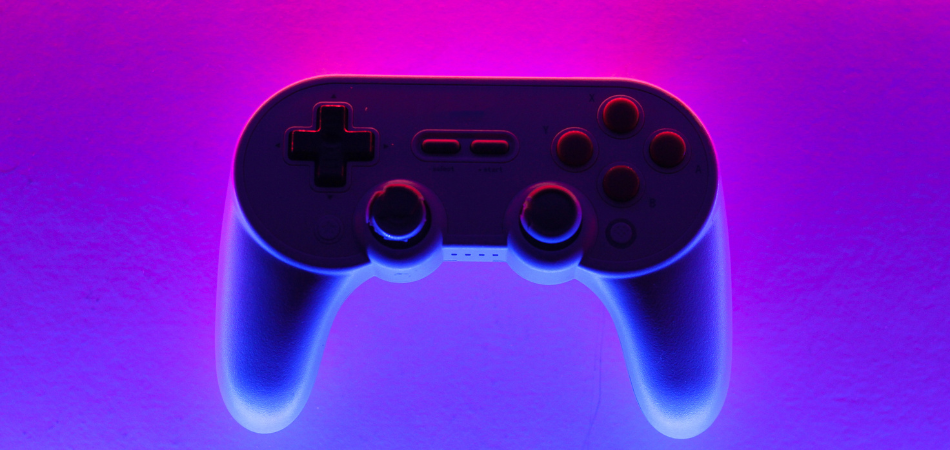
Gaming, a pastime to be enjoyed for leisure and enjoyment has now become an industry that has millions of gamers immersed within virtual environments. Although gaming can be a pleasurable and enjoyable experience, it also has the potential for becoming addicted, which can affect the mental, emotional, and physical health of people. This article focuses on the signs of gaming addiction, casting the light on the darker side of online gaming and highlighting the importance of playing responsibly.
Table of Contents
Growing Besottement with Gaming
One of the main signs of addiction to gaming is the growing interest in video games. Addiction to gaming is constantly looking forward to the next game session they’ll play, thinking about the achievements they have made in games and anxiously awaiting when new games. The constant vigilance of this type of activity can affect their everyday life, which includes their professional, academic, and social obligations.
Inexpensive and Controlled playing
A person who is addicted to gaming exhibits an apparent lack of control in their game-playing behavior. They might find it difficult to restrict the time they spend gaming, resulting in excessively lengthy gaming sessions. In extreme situations, gamers might neglect essential needs such as eating, sleeping, and personal hygiene to immerse themselves in their gaming worlds.
Inattention to Real-Life Responsibilities
A major and alarming aspect of addiction to gaming is the denial of daily obligations. The addicted gamers might avoid school or work chores to dedicate more time to gaming. As addiction gets worse their performance at the workplace or school could suffer which can result in a decrease in their academic or professional performance.
The symptoms of withdrawal and emotional distress
Like other types of addiction, addicts to gaming may experience withdrawal symptoms if they aren’t playing for a prolonged period. The symptoms could include the feeling of irritability, restlessness, or agitation. Depression Stress, anxiety, or physical issues like headaches and tension in the muscles. Gaming can be a way to relieve stress, anxiety, or even physical ailments like headaches and that provides a brief release from stressors in real life and emotional turmoil.
Social isolation and the unresolved social life
Gaming addiction is often the cause of social isolation since addicts tend to prefer virtual friendships over actual interactions. They might withdraw from their family and friends, choosing to focus more on solitude during gaming sessions. The isolation may further increase feelings of loneliness, leading to an endless cycle of dependence on the Internet to provide emotional assistance.
False Behavior and Loss of Interest in other activities
Gamers can resort to fraudulent behavior to conceal the nature of their game from their loved ones. They may cover up the time they spend playing or downplay the effect the game can have on their lives. They may also be less interested in the hobbies and activities that they previously loved and instead focus on gaming as their main source of enjoyment and satisfaction.
Conclusion
Addiction to gaming is a rising concern in today’s technologically connected world. Although video games can provide an immersive experience and encourage imagination, they also are an addiction. Obsessions that are unhealthy. Recognizing the signs of addiction is vital to address the problem and obtaining appropriate assistance.
In the event that you or someone you know shows symptoms of addiction to gaming, You should consider contacting mental health specialists, support groups, and counseling. Finding a balance between online entertainment and the real world is vital to living an active and satisfying life in the age of digital. Remember that games are intended to provide recreation and entertainment and not an opportunity to escape reality.
Read more: Some Strategic to Update Android Apps for Businesses






